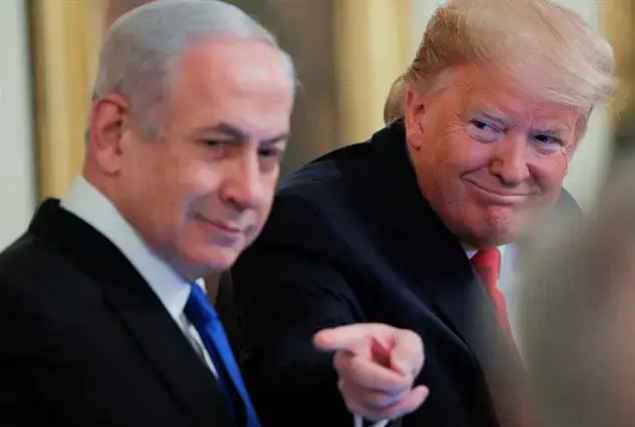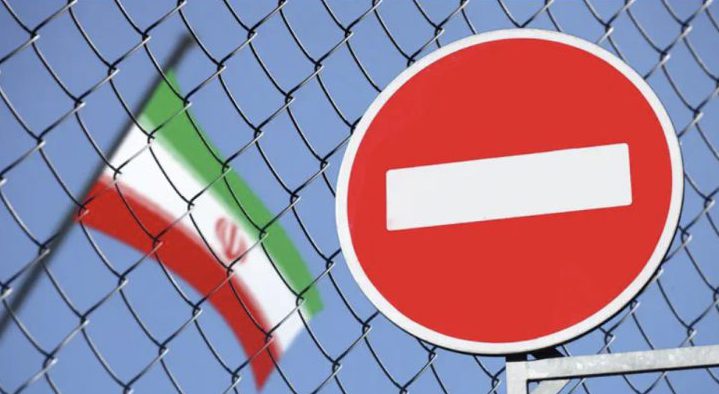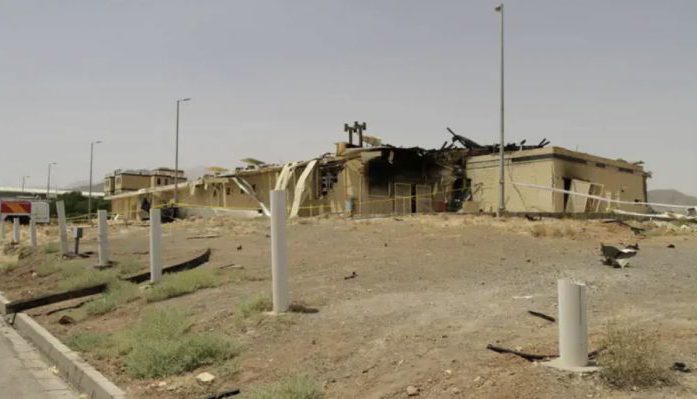The New York Times reports that President Trump postponed US support for an Israeli strike on Iran’s nuclear facilities, choosing to pursue negotiations with Tehran instead. Israeli plans for a May attack were halted following Trump’s decision to engage Iran in talks, the report says.
Israeli military officials had developed and prepared plans for a potential assault on Iran’s nuclear infrastructure as early as May, but the operation was recently halted after US President Donald Trump opted to prioritize diplomacy with Tehran, senior US. officials confirmed to The New York Times on Wednesday.
The shift in policy came after months of intense internal discussions within the Trump administration, weighing the risks and benefits of military action versus diplomatic engagement. Ultimately, the President ruled out immediate support for Israeli military action, directing his team to reinitiate talks with Iran on curbing its nuclear ambitions.
This decision was relayed to Prime Minister Benjamin Netanyahu during his visit to Washington earlier this month, according to The New York Times. In a private meeting at the White House, Trump informed Netanyahu that the US would not provide the necessary support for a May strike. The president followed up by publicly announcing the resumption of negotiations with Tehran.
Netanyahu responded with a stark warning that any future agreement would only be credible if it allowed for aggressive enforcement.
Sources familiar with the sensitive military deliberations said the proposed Israeli strike aimed to delay Iran’s nuclear program by a year or more. The effort, however, hinged on extensive US involvement, both to ensure the mission’s success and to defend against Iranian retaliation.
Preparations for a potential conflict had already been underway, according to The New York Times. US Central Command, under Gen. Michael Kurilla, deployed significant military assets to the region, including aircraft carriers, missile defense systems, and stealth bombers capable of targeting Iran’s underground facilities. While these assets were partly intended for countering Houthi attacks in Yemen, officials acknowledged their dual-use potential in a broader Iran conflict.
Despite this military buildup, high-level voices within the Trump administration expressed growing skepticism about the feasibility and consequences of an Israeli-led attack. Director of National Intelligence Tulsi Gabbard presented intelligence suggesting such an operation could spiral into a broader regional war, an outcome the White House was determined to avoid.
Other senior officials, including Defense Secretary Pete Hegseth and Vice President JD Vance, echoed these concerns. Even National Security Adviser Mike Waltz, typically among the more aggressive voices on Iran, cautioned that Israel would struggle to achieve its objectives without deep American involvement, The New York Times report said.
The report also stated that, as of now, Washington’s position remains unchanged: negotiations first, military action only if talks collapse.
The White House and the CIA did not respond to requests for comment. The Office of the Director of National Intelligence referred questions to the National Security Council. The Defense Department declined to comment. Netanyahu’s office and the IDF also declined to comment.
The report comes days after the US and Iran held indirect discussions in Oman last weekend. A new round of indirect talks is expected to begin Saturday in Oman.
On Monday, Trump discussed the talks between his administration and the Iranian regime.
“We’ve got a problem with Iran, but I’ll solve that problem, that’s almost an easy one,” Trump said.
Later, he added, “Iran wants to deal with us, but they don’t know how. We had a meeting with them on Saturday. We have another meeting scheduled for next Saturday. I said that’s a long time [between meetings].
“I think they’re tapping us along because they were so used to dealing with stupid people in this country,” the President alleged.





